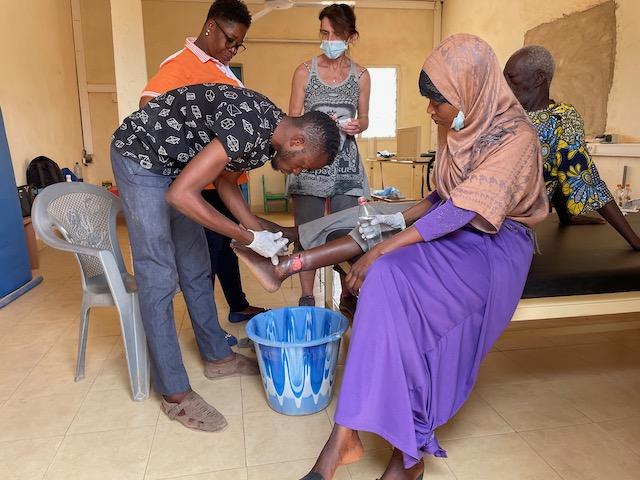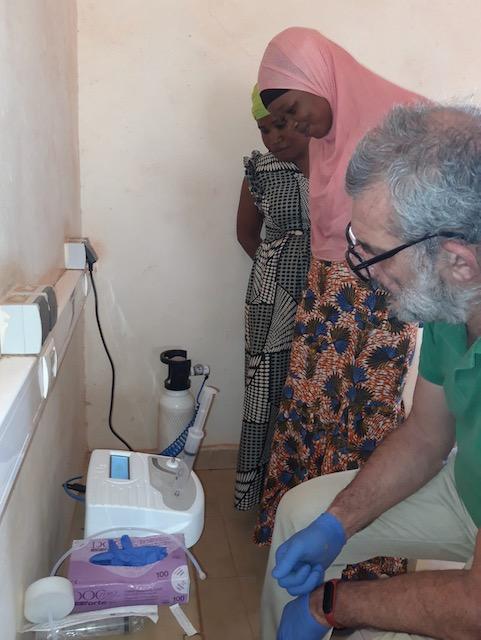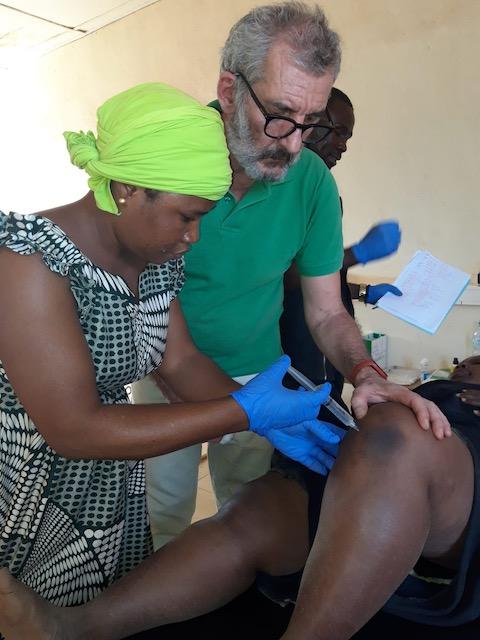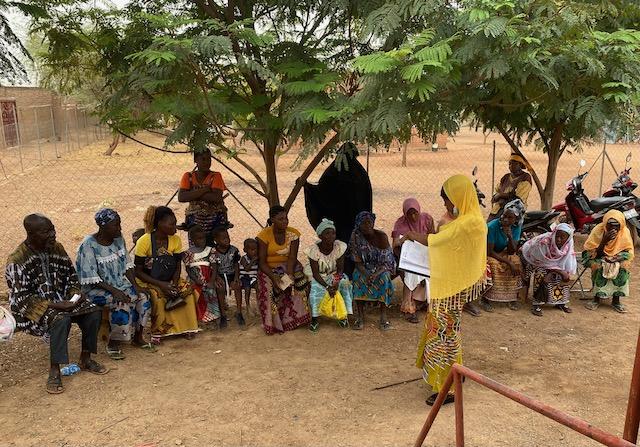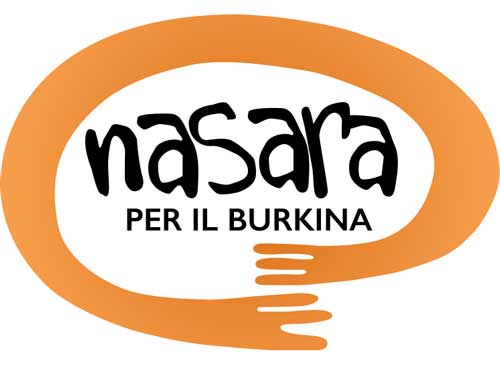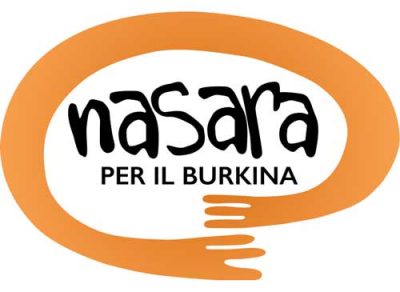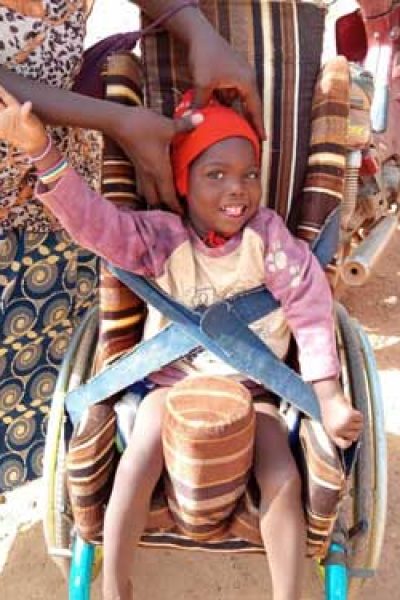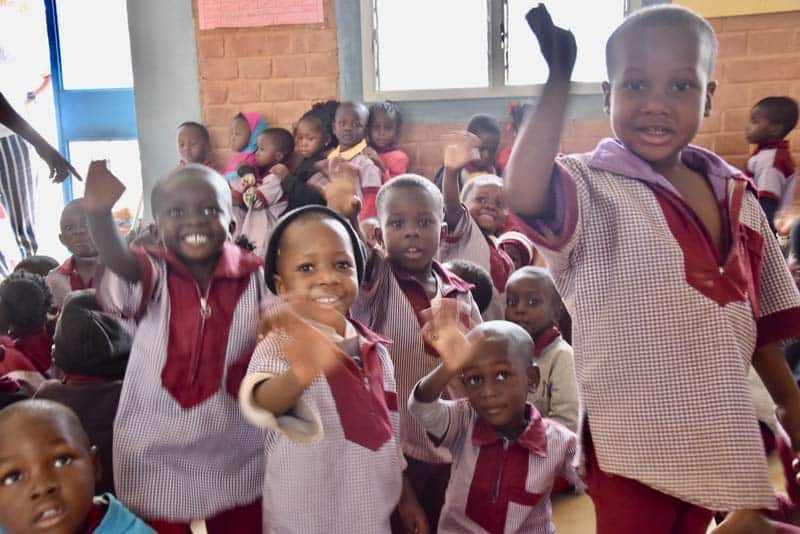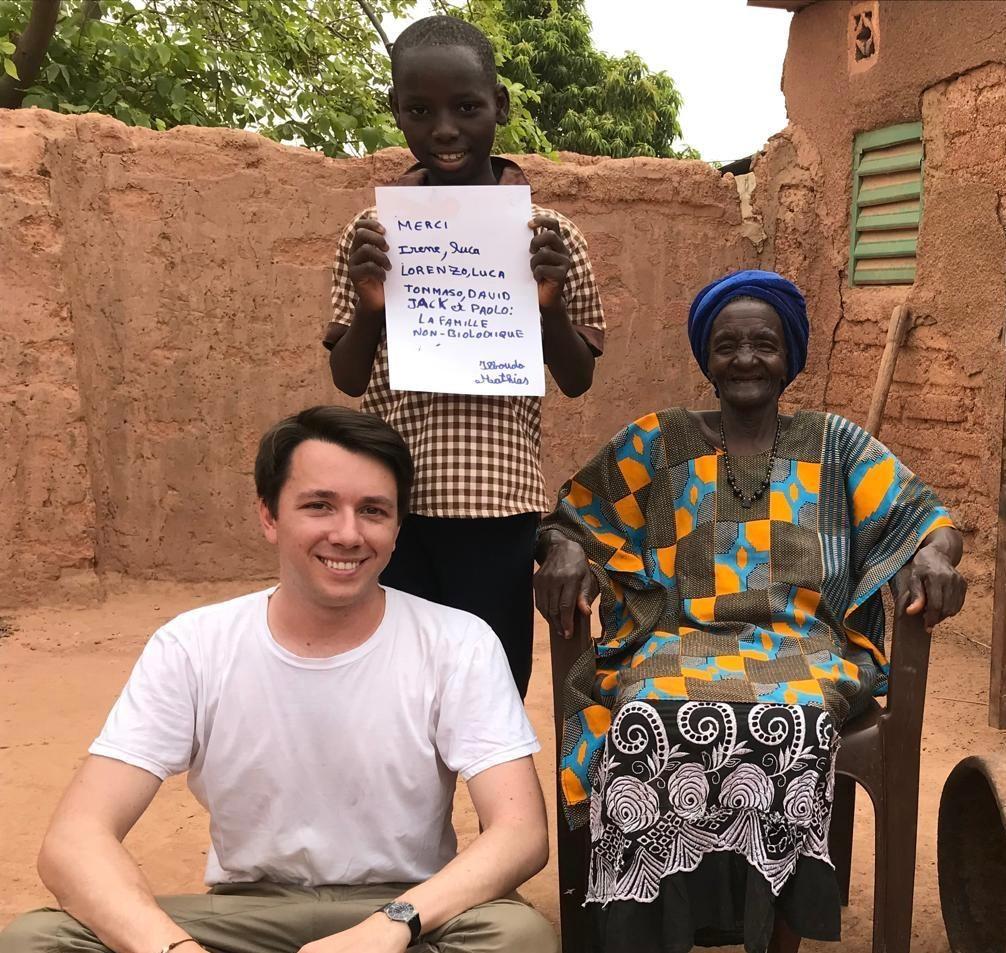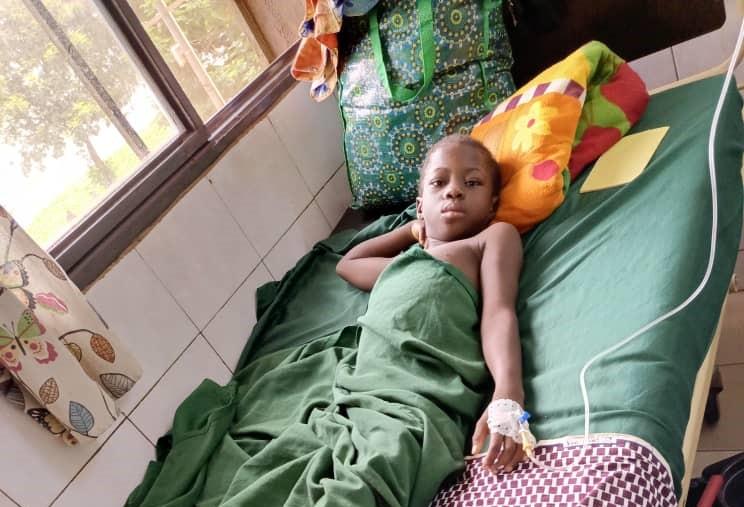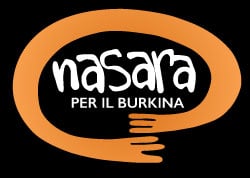In Burkina Faso, the official social protection system provides protection to a small minority of the working population (7%). Agricultural workers (70%) and workers in the informal sector, estimated at 80% of non-agricultural workers, are not covered.
Therefore, adults frequently come to our Social Centre in the hope of finding relief from disabling conditions resulting from accidents or work-related stress.
Many of their ailments could be cured with a little treatment or a rest period but, given the extreme poverty of the people living in the slums and the total lack of social protection, no suitable treatment is given, let alone people can afford a rest period. As a result, the health problem turns from temporary to chronic, often degenerating into permanent disabilities with a strong economic impact on families.
Nasara therefore focused on an intervention strategy based on theintensive use of ozone therapy.
Ozone therapy is highly effective, has a recognised anti-inflammatory and pain-relieving action and is low-cost because it does not involve the use of drugs: the raw material on which it is based is oxygen and it is an easy therapy to practise. These characteristics represent a winning weapon in a context where both medicines and health facilities are scarce and patients cannot pay for expensive treatments.
To date, the results achieved by the Infirmary in the Social Centre of Djicofè, an unplanned neighbourhood in Ouagadougou, are:
- over 160 interventions per month
- infirmary open 3 days a week, manned by 1 doctor and 2 nurses
- social tariffs appropriate to the extreme poverty of the neighbourhood where we operate
- trained 2 doctors and 4 nurses by Italian medical personnel on mission
- liaison with other treatment and re-education centres for cases on which we cannot intervene.
